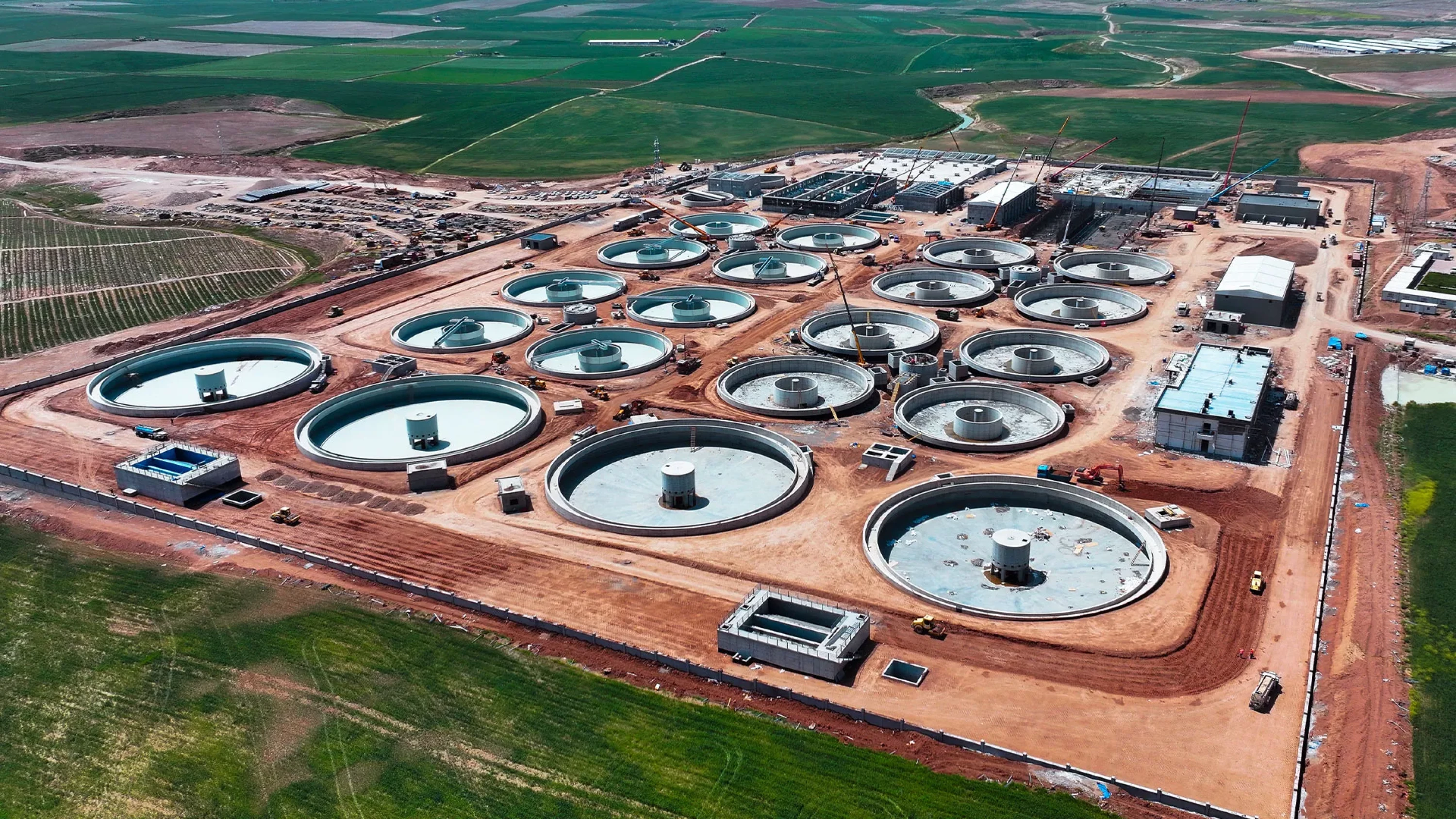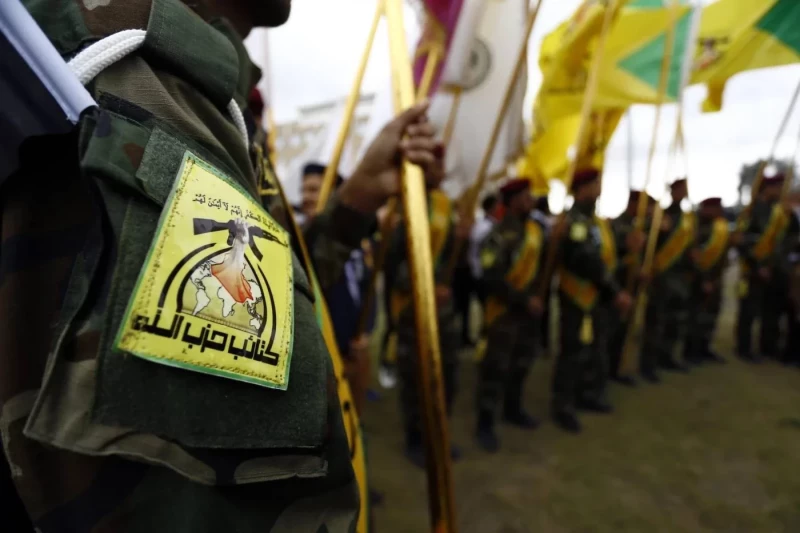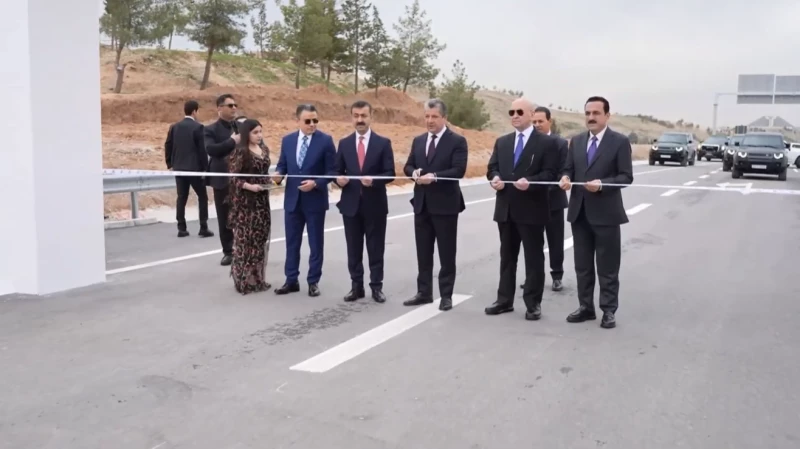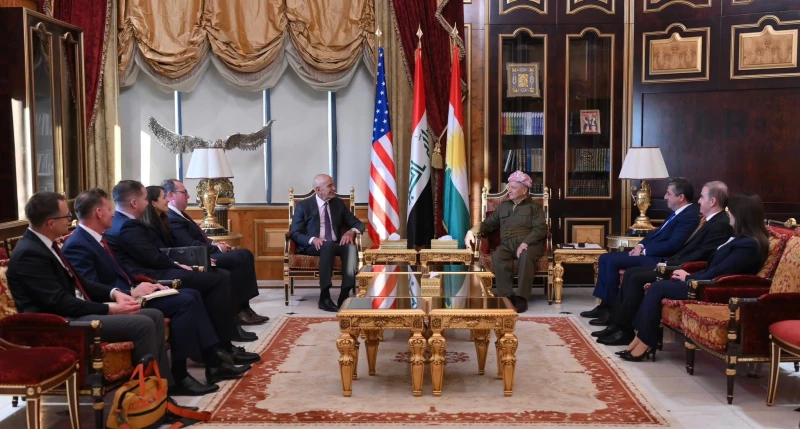ERBIL, Kurdistan Region of Iraq - The second phase of Erbil’s water supply project is nearly finished, with only remaining concern being the connection of main lines to neighborhood networks, an official said on Saturday. The project is expected to be completed by the new year and put into service for residents.
The Erbil Emergency Water Supply Project is a $480 million investment which aims to address the Kurdistan Region capital’s water shortages for the next three decades.
“99 percent of phase two of Erbil's Emergency Water Supply Project has been completed. What remains is connecting the main lines to the neighborhood water networks, which is currently ongoing,” Ari Ahmed, head of the Kurdistan Region’s water and sewerage department, told The New Region on Saturday.
“The project is planned to be completed by the new year and put into service for citizens,” he added.
The Kurdistan Regional Government’s (KRG) ninth cabinet has strived to better manage water resources and launched several environment-friendly projects in recent years to preserve underground water sources and provide clean water to citizens amid an intense countrywide water shortage.
The project has led to the closure of about 560 water wells in Erbil so far, with more than 1,000 expected to be closed upon completion, Ahmed added.
The key project currently provides drinking water to residents of over 30 neighborhoods, most of which had been gripped by severe water shortage in the past, with the figure set to rise to 50 neighborhoods upon the completion of the second phase of the initiative.
Phase two covers neighborhoods between the 120- and 150-meter roads, including Ankawa, 32 Park, Kurani Ankawa, Bahrka, Gird Jutyar, Sebardan, Shawes, and Pirzin.
For years, Erbil’s residents had suffered from intense water shortages. The scarcity had left families with no choice but to buy water from private tankers, a process that could cost a household around $100 per month.
Kurdistan Region Prime Minister Masrour Barzani set the foundation for the project in September 2024 and inaugurated its first phase in July. The project, which is planned to be completed within 18 months from the starting date, seeks to provide round-the-clock clean water to all of Erbil for the next 30 years.
Located on the Greater Zab River in the Kawrgosk subdistrict of Erbil, the project is set to have 20 large tanks with the capacity to store 300,000 cubic meters of water. It also incorporates a refinery for the water that can filter up to 20,000 cubic meters of water every hour.



 Facebook
Facebook
 LinkedIn
LinkedIn
 Telegram
Telegram
 X
X


